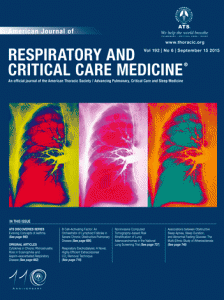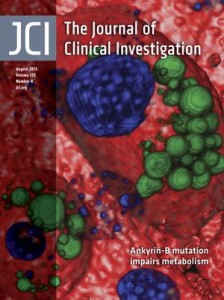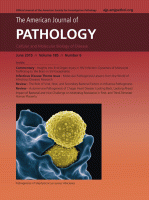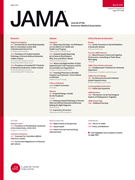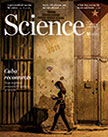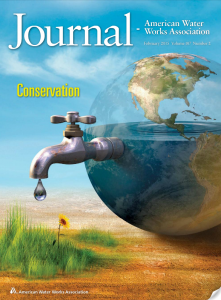 A disability journal is “paying significant attention” to papers authored by Anna Stubblefield, a former Rutgers researcher recently convicted of sexually assaulting a disabled man who participated in her research.
A disability journal is “paying significant attention” to papers authored by Anna Stubblefield, a former Rutgers researcher recently convicted of sexually assaulting a disabled man who participated in her research.
Stubblefield was convicted of sexually assaulting “DJ,” a man in his thirties with cerebral palsy who was “declared by the state to have the mental capacity of a toddler,” according to a lengthy piece in the New York Times. Stubblefield and DJ published papers in Disability Studies Quarterly; in one, Stubblefield describes a controversial technique which she claimed helped DJ communicate. But when she eventually used the technique to say DJ was in love with her, his family took her to court, and she was convicted of aggravated sexual assault.
Here is the note from Disability Studies Quarterly, which was published this morning: Continue reading Journal reviewing papers by researcher who sexually assaulted disabled author

